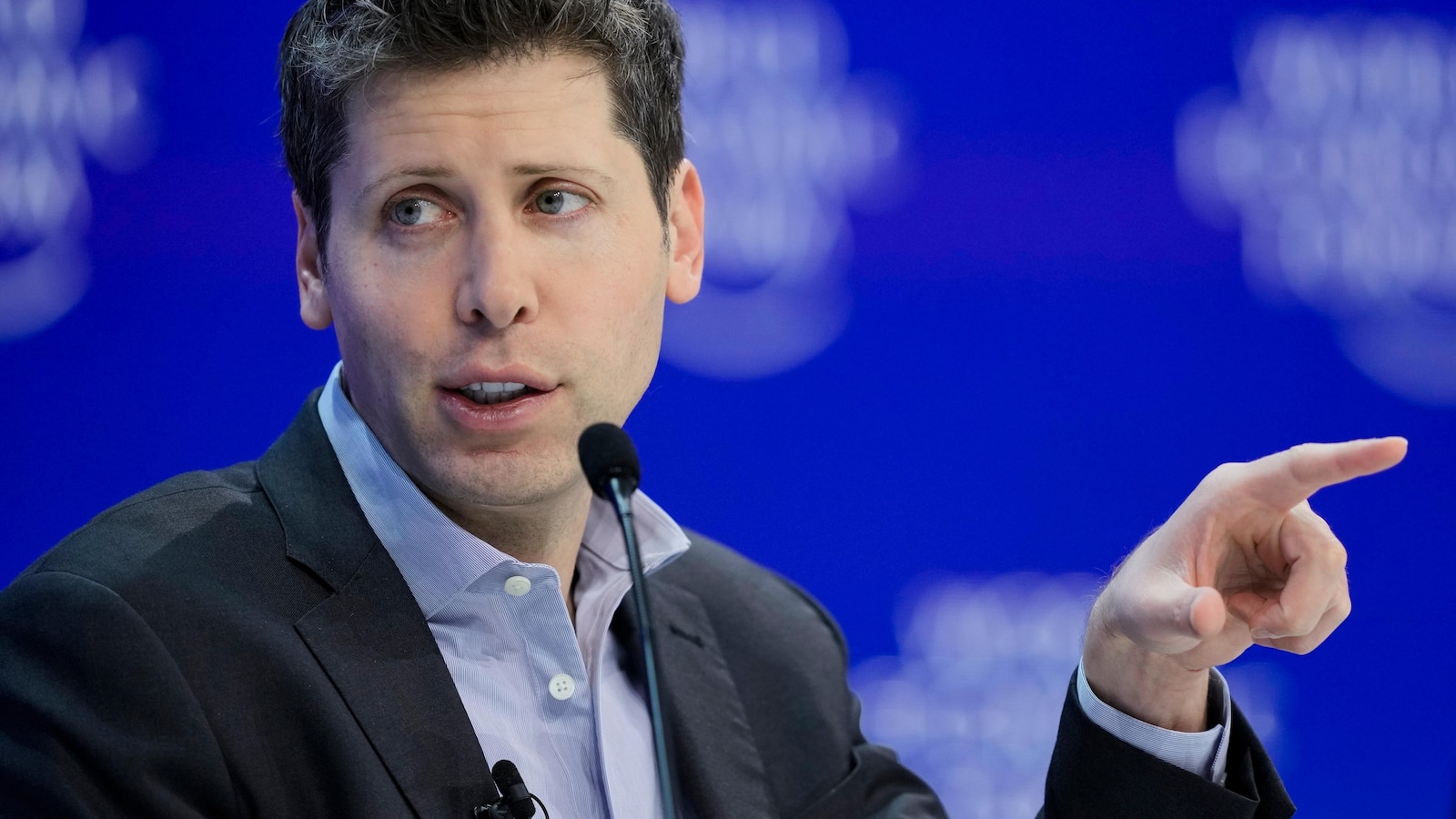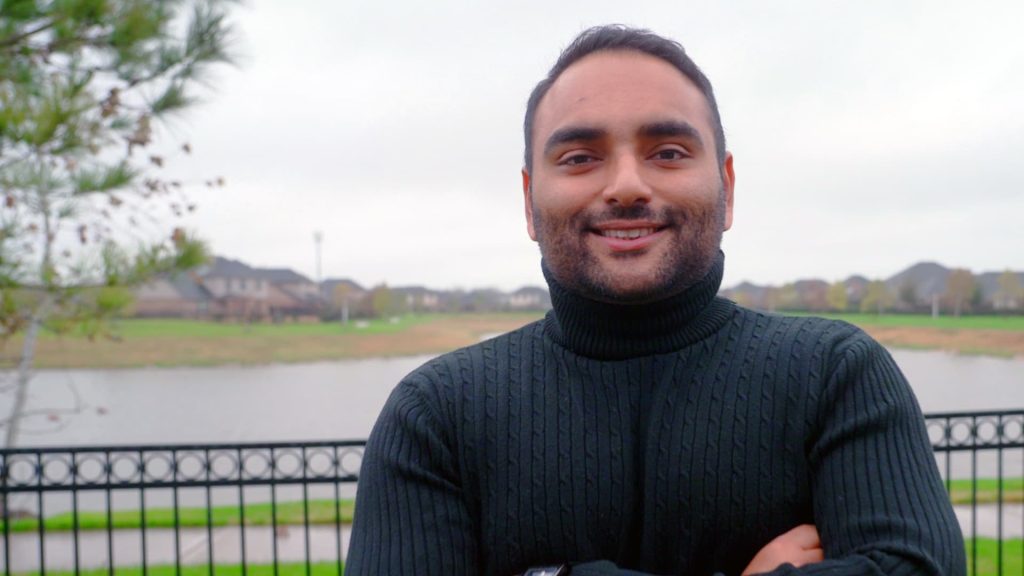







Elon Musk is suing OpenAI and its CEO Sam Altman over what he says is a betrayal of the ChatGPT maker’s founding aims of benefiting humanity rather than pursuing profits.
In a lawsuit filed at San Francisco Superior Court, billionaire Musk said that when he bankrolled OpenAI’s creation, he secured an agreement with Altman and Greg Brockman, the president, to keep the AI company as a non-profit that would develop technology for the benefit of the public.
Under its founding agreement, OpenAI would also make its code open to the public instead of walling it off for any private company’s gains, the lawsuit says.
However, by embracing a close relationship with Microsoft, OpenAI and its top executives have set that pact “aflame” and are “perverting” the company’s mission, Musk alleges in the lawsuit.
“OpenAI, Inc. has been transformed into a closed-source de facto subsidiary of the largest technology company in the world: Microsoft,” the lawsuit filed Thursday says. “Under its new Board, it is not just developing but is actually refining an AGI to maximize profits for Microsoft, rather than for the benefit of humanity.”
AGI refers to artificial general intelligence, which are general purpose AI systems that can perform just as well as — or even better than — humans in a wide variety of tasks.
Musk is suing over breach of contract, breach of fiduciary duty and unfair business practices. He also wants an injunction to prevent anyone, including Microsoft, from benefiting from OpenAI’s technology.

